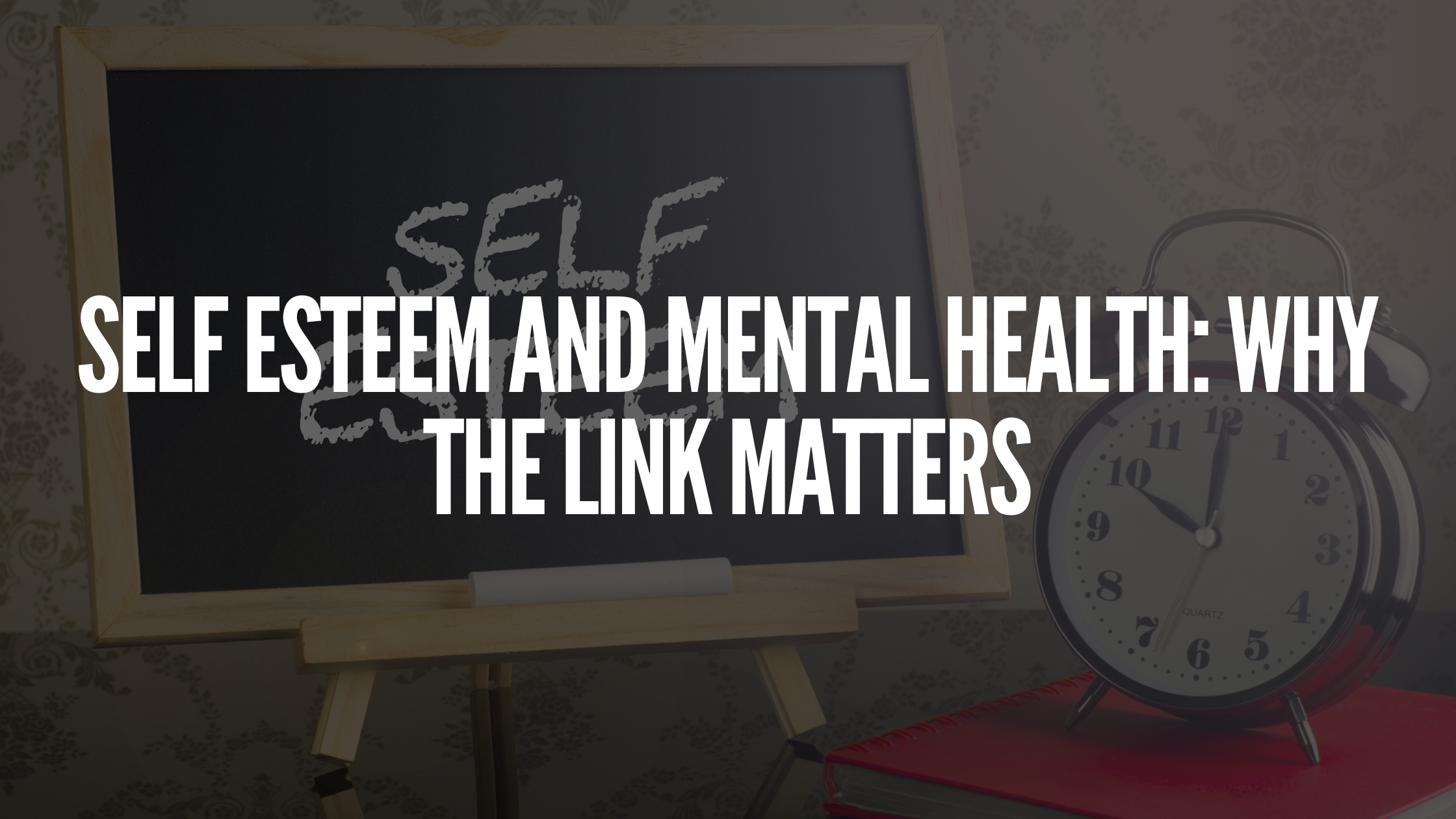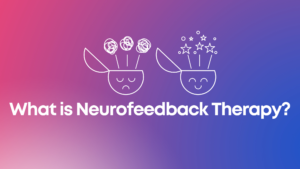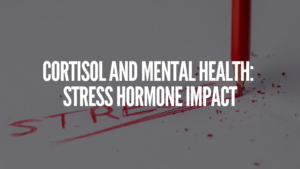Self-esteem is essential for mental health. It allows us to feel confident, happy and secure in ourselves and our ability to cope with life’s challenges. A lack of it can lead to anxiety, depression and other mental health problems. In today’s article, we will discuss why self-esteem is so important for mental health and how you can improve your own self-esteem.
Self-esteem is our overall opinion of ourselves. It includes our beliefs about our abilities, appearance and worthiness. Our self-esteem affects how we think, feel and behave in everyday life. It influences the way we see ourselves and how we interact with others.
A healthy self-esteem is key to a happy and fulfilling life. It allows us to feel confident and secure in ourselves. We are able to set boundaries, say no when needed and cope with life’s challenges. A lack of self-esteem can lead to anxiety, depression and other mental health problems. Therefore, building self esteem is critical for maintaining mental health.
Low self-esteem in childhood and early adulthood is linked to addiction later in life, according to psychological research. Many addicts turn to drugs or alcohol as a means of escaping their bad feelings about themselves. However, after time, this type of escape becomes an addiction, with predictable consequences on their already damaged self-esteem levels.
Low self-esteem can also feed on itself, driving depression and anxiety. A vicious cycle can develop, in which low self-esteem leads to anxiety and depression, which in turn leads to even lower self-esteem. This is why it’s so important to address low self-esteem early on, before it spirals out of control.
There are many ways to improve your self-esteem. Here are some tips:
Challenge your negative thoughts: When you have negative thoughts about yourself, challenge them. Are they really true? Are they helpful? Would you say them to a friend? If the answer is no, then let go of those thoughts.
Focus on your positive qualities: We all have positive qualities, even if we don’t see them ourselves. Make a list of your positive qualities and refer to it when you’re feeling down about yourself.
Practice self-compassion: Be kind to yourself. Treat yourself with the same compassion and understanding you would show to a friend. If you make a mistake, forgive yourself. Remember that everyone makes mistakes and learn from them.
Take care of yourself: A healthy mind and body are essential for a positive self-image. Eat healthy foods, exercise regularly and get enough sleep. Also, make time for activities that make you happy.
Build positive relationships: Surround yourself with positive people who support and accept you. Avoid toxic relationships that bring you down.
To conclude, self-esteem is essential for mental health. It allows us to feel confident, happy and secure in ourselves and our ability to cope with life’s challenges. A lack of self-esteem can lead to anxiety, depression and other mental health problems. Improving your self-esteem is a key step in maintaining mental health.
Learn more about how TMS can help address anxiety and depression today at www.psyfitms.com or get in touch at info@psyfitms.com for additional information.



